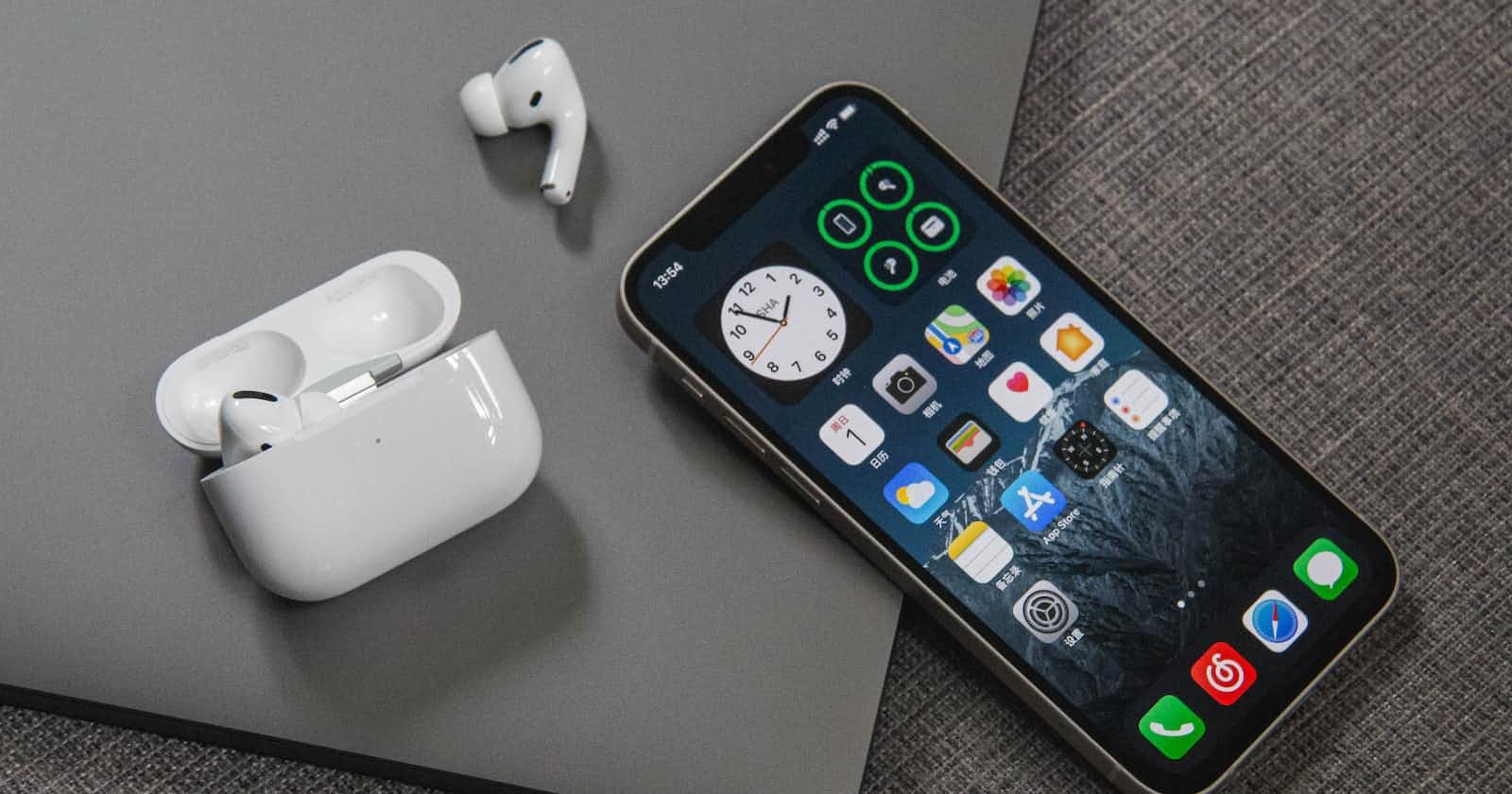The Apple iPhone, tech world is ablaze with news of the new one, the 15 with a USB C port and titanium frame. It is also the best-selling device that Apple makes. The iPhone rarely struggles to sell in most parts of the world. Well, that excludes Asia and Africa. There is no denying that the iPhone is a brilliant device in all frontiers. But why do the African and Asian continents seem to be riding the Android wave while the iPhone enjoys success in the rest of the world? Well, Asia is a story for another day so we are going to focus on Africa in our article.
Transsion Holdings (Mother Company of Tecno, Itel, Infinix, and Oraimo brands) carries the day in Africa as far as sales volumes are concerned. A while ago, I wrote about how the company managed to earn the top spot in Africa by carefully crafting a formula that worked and is still working for them. The iPhone is not rare, but I think it sells way less than expected. But why? I sought to answer the question I have been asking myself.
After a bit of research, I came up with a few reasons that I think have led to low sales in Africa. In the unlikely event that an Apple executive is reading this, this is the cue for them to grab a pen and paper or the iPad and an Apple pencil, because I just might help you break into the African market
The Apple “ecosystem”
iPhones often come with a tendency to lead you to purchase additional accessories from the manufacturer. Once you buy one, it's almost inevitable that you'll want your significant other to own one too, ensuring you can enjoy the seamless experience of iMessage, FaceTime calls, and AirDrop. Essentially, to fully embrace the ecosystem, you might find yourself spending anywhere from $2000 to $5000 on various devices. And let's not forget about AirPods and the now-discontinued Lightning port dongles, which only add to the expense.
In contrast, Android offers a more budget-friendly alternative, especially when it comes to accessories. Take wired earphones, for instance, If you don't have unwavering brand loyalty, you can easily find them for just a few cents. Given the relatively lower incomes in Africa, it's understandable why many Africans opt for Android over iPhone. While there isn't a straightforward solution to this issue, Apple could potentially address it by introducing more affordable devices and accessories tailored to specific markets.
Manufacturer Support
There are no official Apple stores in Africa. Apple does however authorize a few vendors. Most Africans do however prefer refurbished units and Apple licenses some resellers too. Inevitably, these sellers may blow the prices of new units, a problem that can be solved by setting up some official stores. Another issue brought about by buying refurbished units from certain markets is compatibility. For example, the iPhone 14 does not ship with a sim card tray and makes use of an e-sim, a concept that has not yet gained traction in Africa. You can use this link to look out for authorized sellers in your region
The price
Apple is not a cheap brand. And for most Africans, a cellphone should not cost more than it needs to. Sadly, the iPhone feels as if it costs a little too much. Take the 15 for example, most people have fifteen more things they would rather do with a thousand dollars than buy a gadget that does just as well as one that costs two hundred and fifty dollars. Not to mention that it does not come with a charger and you will have to buy one upon purchasing an iPhone especially if it is your first time. This is not a unique issue tied to Apple but an issue in the African market, especially when there are hundreds of cheaper devices to choose from.
Reparability
This is not an Africa-only thing but iPhones are very difficult to repair, and not to mention, the repair costs are astronomical. Especially if you decide to go to Apple themselves. And as the phone is not that popular, there are bound to be fewer technicians to conduct the repairs in the first place. Add this to the shipping of parts for these repairs and you have a situation where buying an alternative makes the most sense.
Compatibility
We are talking phones here but allow me to drag PCs into the discussion. Windows is more common in Africa and iPhones are biased towards Macs. No surprise there. It is easy to buy an iPhone when you have a MacBook for example. This means that you have to buy one after the other or buy both for maximum productivity. While this serves as an act of class disassociation, it can inconvenience those of us who want to make the most out of our phones and the appliances that we have around at home, school, and work. The absence of external storage (read microSD card), is also a ‘feature’ that keeps a lot of Africans away from Apple’s greatest. until recently, the iPhone's lack of dual sim support has also contributed to low adaptability levels in Africa. I am writing this in Nairobi and for some reason, Kenyans often have two SIM cards at all times. This has been rectified by the use of both an ESIM and physical SIM even in older models of the iPhone.

